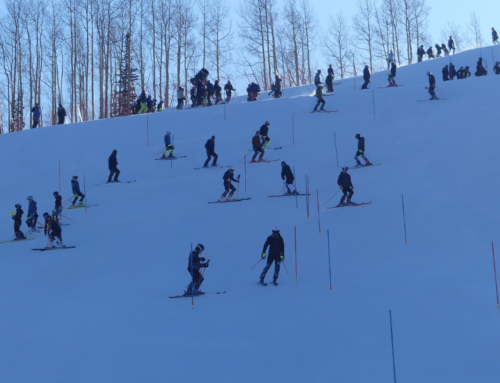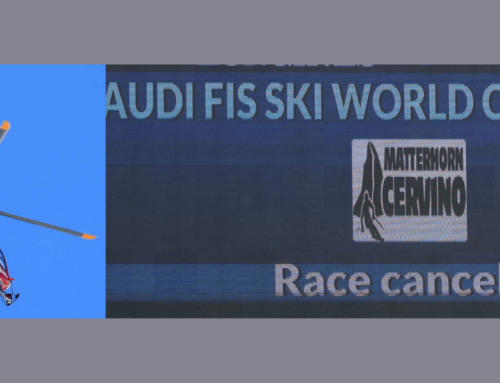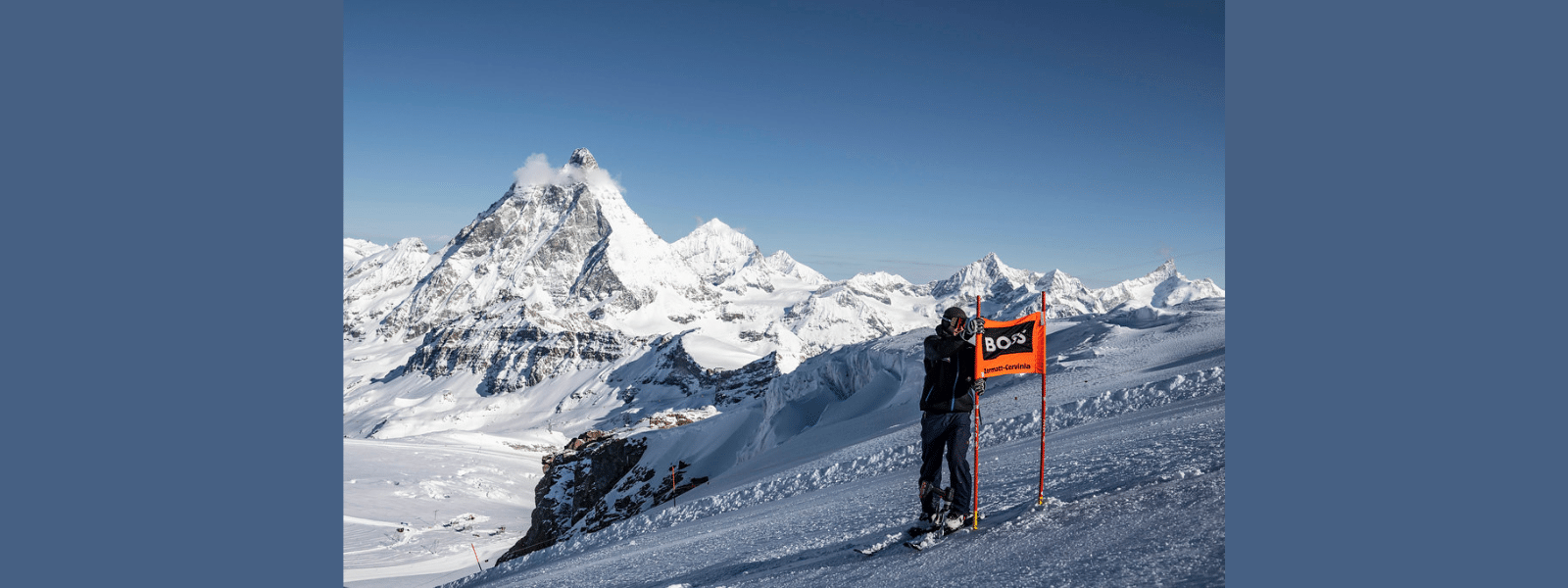Austrian alpine champion Stephan Eberharter retires from ski racing at age 35
Austrian alpine champion Stephan Eberharter retires from ski racing at age 35 Stephan Eberharter, one of alpine ski racing’s greatest competitors, has announced his retirement. The Austrian champion, who started racing on the World Cup in 1989, won 29 World Cups and climbed the top-three podium 75 times.
Stephan Eberharter, one of alpine ski racing’s greatest competitors, has announced his retirement. The Austrian champion, who started racing on the World Cup in 1989, won 29 World Cups and climbed the top-three podium 75 times.
“After 20 years of racing, the time has come to say goodbye,” said Eberharter at a Vienna press conference on September 17. “I have taken my time to consider all the pros and cons, but my heart and mind told me it is enough.”
Eberharter said that he didn’t feel he had the edge for another year, physically and mentally. “If one is not hundred percent with the thing,” he said, “then the sport is a dangerous thing.”
Like most speed-event masters, Eberharter earned most of his victories later in his career. All of his 29 wins came after 1997. Twice he won the overall title (the sport’s most prestigious trophy), in 2002 and 2003.
Eberharter also won four Olympic medals, including a gold in the giant slalom at the Salt Lake City Games in 2002. That makes him the oldest alpine skier to ever win that medal, a distinction he speaks of with undisguised pride.
One measure of the longevity and consistency of Eberharter’s career is his record at World Championship events. He won the super G twice: in 1991, and again in 2003. The first of those wins, at Saalbach, Austria, came less than a week after the first bombs fell on Bagdhad in the first Persian Gulf War; the second win, at St. Moritz, Switzerland, came on the eve of the present conflict, just days before Colin Powell laid out the case for war at the UN.
Eberharter’s first World Cup, at Park City in November of 1989, was won by Ole Christian Fureseth of Norway. At that time, Hans Olsson of Sweden (the youngest competitor in last year’s Finals — Eberharter’s last World Cup race) was all of five years old.
In the mid-1990’s, Eberharter spent some time on the Europa Cup circuit, trying to regain his form after a series of injuries. He won the overall Europa Cup title in the 1996-1997 season (he had won it once before, in 89-90).
Eberharter’s announcement is not a surprise to many who watched last year’s World Cup closely. Last January, speaking in his impeccable English to a group of non-Austrian reporters in Chamonix, France, Eberharter acknowledged that he was feeling old and looking forward to retirement. “Of course I am thinking of this,” he said then. “To wake up in the morning and not feel this pressure. This, how you say, adrenaline in your stomach. To watch the races while you have your coffee at breakfast.”
At that time, Eberharter also cited the extremely competitive nature of the Austrian ski team as something that could wear him down. “A good example is Lasse Kjus,” he said, explaining that the Norwegian skier didn’t have to struggle constantly to maintain his place on Norway’s team. “He was sick, but he had time to recover. He said ‘okay, goodbye, see you in two months, when I recover I will come back, if not, I will quit for the season.'”
Eberharter envied that flexibility. “While he is having this break, his mind is recovering also,” said Eberharter. “Because this business is very tough. Now we see him recovered from injury and sickness, and he is skiing with fun. He is hot for it. And that’s so important.”
By the end of last season, Eberharter was telling fellow athletes that he was planning to retire. And he talked wistfully of a more leisurely lifestyle than that of a top-ranked ski racer, which requires sustained periods of intense self-discipline.
“Ten more guys are waiting for your spot,” he explained in January. “It is the hard life of being an Austrian skier. Once you understand that this is a tough business. I’ve been here so many years. And there was never a time for me to relax more than, I don’t know, one or two months. My whole life? So one day you have to make a break.”
The announcement makes Daron Rahlves, of the United States, the world’s top-ranked active downhiller. Eberharter’s former serviceman, Thomas Buergler, will now work for both Rahlves and Bode Miller (although Miller will have another serviceman for technical events).
Eberharter’s departure also leaves one less athlete at the top of the overall rankings, where Hermann Maier, Bode Miller and Benjamin Raich were clustered last year. Rahlves and Kalle Palander weren’t far behind, and Norwegians Lasse Kjus and Kjetil Aamodt were injured for most of the season.





















